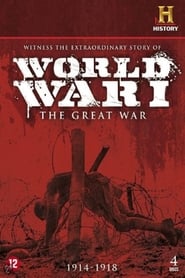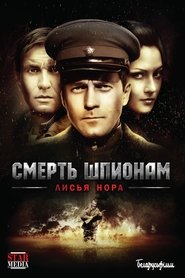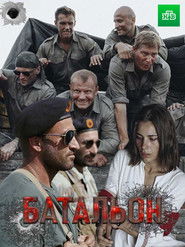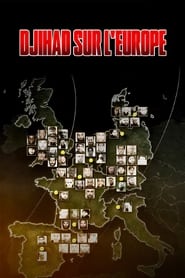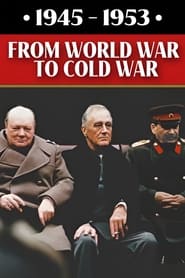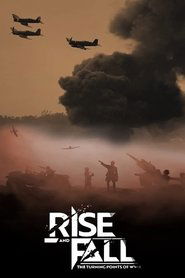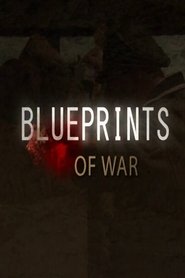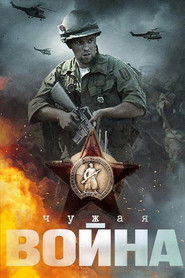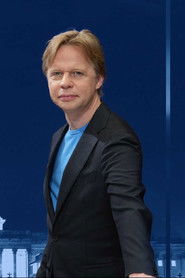War Politics TV Series - Page 114
-
The Last Cyclist
2014
The Last Cyclist
2014
star 2.7A Christian orphan raised in a Jewish family has to face the cruel fate of Auschwitz during World War II. -
I ve smrti sami
2004
I ve smrti sami
2004
-
World War I: The Great War
2009
HISTORY is proud to present the definitive collection of documentary programs on World War One. Experience the world-changing events from the birth of what became known as The Great War to the tragic, final day where over 13,000 men died. From the first dogfighters and the Red Baron, to the battle of The Somme, John J. Pershing, The Iron General and the Last Day of WWI. In the four year period from 1914 - 1918, the war was responsible for over 40 million casualties and over 20 million deaths. Join the brave servicemen of land, sea, and air as they valiantly fought alongside their Allied brothers in this "war to end all wars." -
Spies Must Die: The Fox Hole
2013
star 61944. German Colonel Neuber is taken prisoner trying to cross the front-line but not before he hides stolen Soviet documents. The Germans send a team to recover the Colonel and the documents but Soviet intelligence are waiting for them. -
OCCRP
2024
-
The Disposable Soma
2024
The Disposable Soma
2024
The year is 2164 and politics has become unrecognizable. Democrats have become conservative, Republicans have become liberal, and an upstart party called the Empathy Party blames all the world's ills on sociopaths. An assassination leaves the Empathy Party's candidacy wide open and a clown car of candidates vies for the nomination. One, hotel heir and failed comedian Jim Liu, stands out from the others when he chooses a genetically modified, super-intelligent, opium-addicted parrot as his running mate. This book follows his quest to become the Empathy Party's nominee for the 2164 presidential election. His campaign takes him through an America where most days are public holidays, psychedelic drug use is widespread, and the last uncontacted people on Earth are the unknowing subjects of a reality show whose fans have tuned it into a new religion. -
Harriet's Army
2014
Harriet's Army
2014
-
Vietnam War Stories
2010
Vietnam War Stories
2010
Witness the Vietnam War, its roots, its battles, its heroes and the price paid in the name of freedom. This stunning, detailed collection shows the war with heartbreaking realism. It looks at troubling questions about America's Justification for the conflict, the horrors of jungle warfare and the human calamity of the war. Ultimately, it profiles the courage of the soldiers who put their lives on the line in the name of patriotism. -
Батальон
2019
-
Djihad sur l'Europe
2023
-
The voices of Støjberg
2023
Danish documentary in two parts about Danish right wing politician Inger Støjberg and her fans -
Kisah Sembilan Wali
2012
-
1945-1953: From World War to Cold War
2017
star 8.5At the outset of the Yalta Conference on February 4, 1945, the «Big Three» were all optimistic: victory was in no doubt, and the accord that they had achieved seemed likely to preserve the values they had fought for. However, in just a few months, nothing would remain of this agreement apart from irreconcilable differences. United in war, the Allies would reveal themselves as divided and rivals in peace. How can such a rapid failure of a real effort at entente be explained? With the Yalta Conference in 1945 to 1953, discover a new world order drawn up by three men, looking for a lasting peace... that would lead inevitably to the Cold War. Combining archive footage, photographs, original letters and unique testimonies, these two episodes revisit this crucial period in History. A full immersion into postwar years and an emerging new world order. -
Salut Germain
1971
Salut Germain
1971
-
Rise and Fall: The Turning Points of World War II
2019
star 8.3Rise and Fall: The Turning Points of World War II is a 50 minute documentary-history-war in six episodes. -
Blueprints of War
2011
Blueprints of War
2011
Blueprints of War will strive to encompass the most famous military conflicts, leaders and weapons throughout time. From the beaches of Normandy to the fields of Gettysburg and the minefields of Vietnam, Blueprints of War will traverse the battlefields of the globe telling the story hour-by-hour and minute-by-minute -
Чужая война
2014
Чужая война
2014

